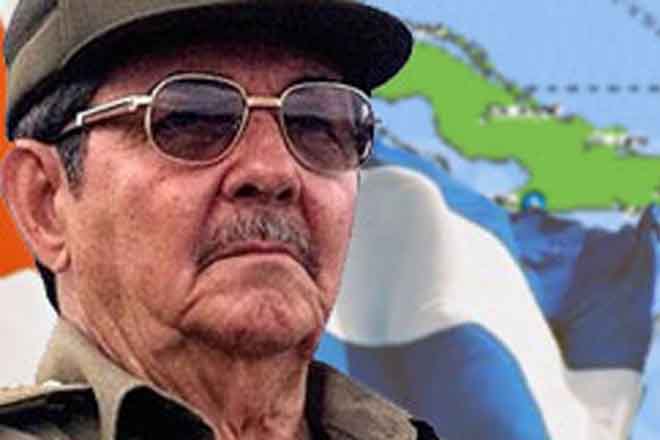Cuban President Raul Castro was elected head of the Cuban Communist Party (PCC) to replace his brother Fidel Castro on Tuesday, the last day of the party congress in Havana, dpa reported.
Raul Castro, 78, accepted the position and named a 15-member Politburo, with only three new members. Cuban Vice President Jose Ramon Machado Ventura, 80, is to be Castro's deputy in the party leadership.
Fidel Castro, 84, in a rare public appearance attended the closing sessions of the four-day PCC congress. Dressed in sports clothing and leaning on one of his bodyguards, he slowly entered the hall. He was met with applause and cheers of "Viva Fidel!"
He had not taken part in the meetings over the past four days, although he was one of the 1,000 delegates elected to attend.
Fidel Castro had led the PCC since its creation in 1965. He confirmed late Monday that he would not be a member of the new Central Committee of the PCC.
"Raul already knew that I would not accept any position in the current party," he was quoted as saying by the website cubadebate.cu.
The PCC voted late Monday to accept reforms proposed by President Raul Castro with the stated goal of "updating" the country's socialist economy. The 1,000 delegates voted unanimously for a package intended to boost Cuba's productivity and revive the island's long-stalled economy.
In recent years, Cuba has gone from an almost entirely state-run economy to increasingly opening small sectors for private initiative.
So far, 130,000 individual farmers have received the titles to arable land. As of March 11, 171,000 people had been granted licences to open small businesses, which were to be required to pay taxes and social security but can otherwise keep their income.
The Cuban government expects some 1.8 million people from the island's workforce of 5 million to join the private sector by 2015.






